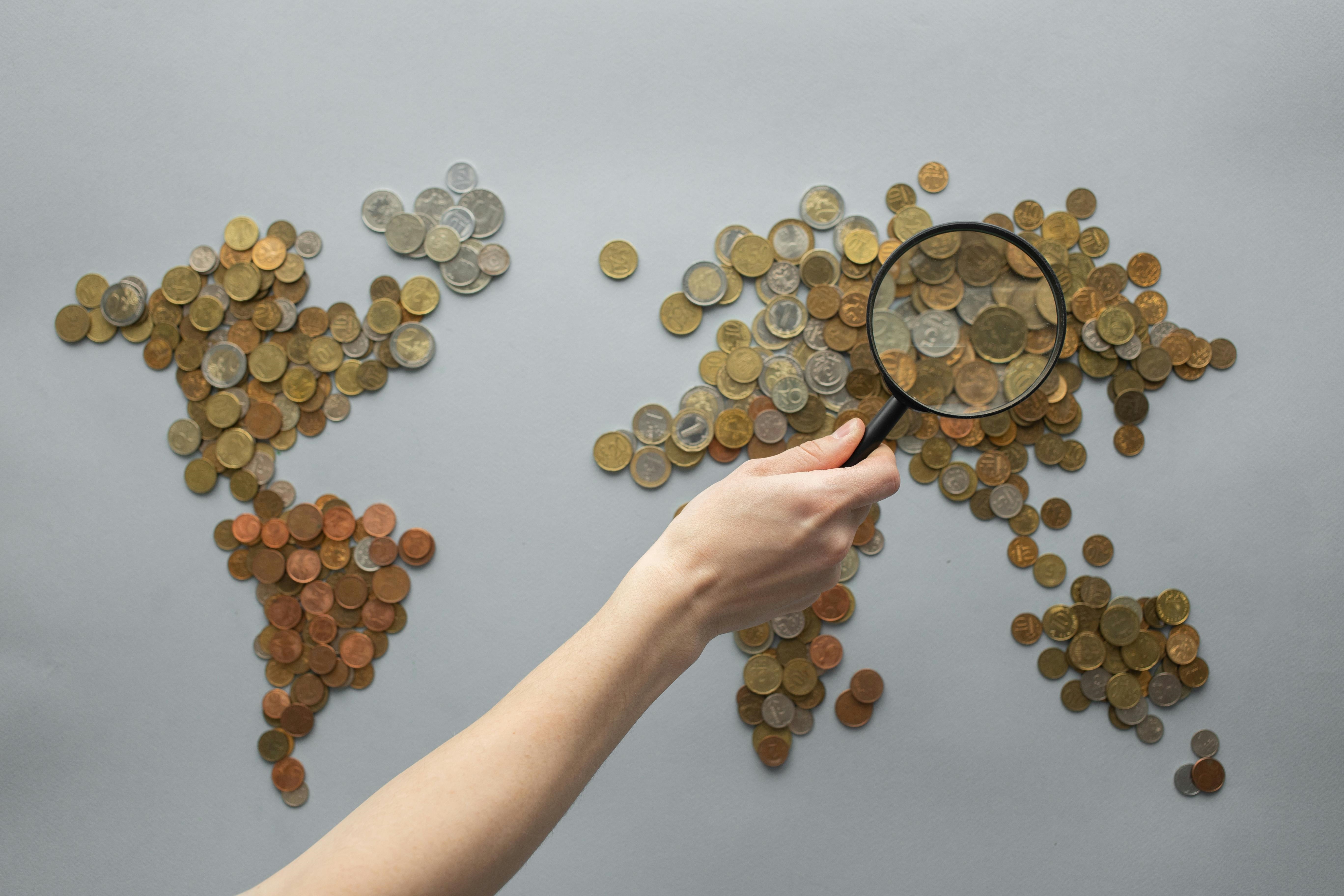Project meeting TransB
On May 25 2022, the first physical meeting of the research project TransB took place at Fifth in Eindhoven. As a conference centre combined with a restaurant-bar-music hall, Fifth brings together different functions in a repurposed building: a gas factory established in 1858. An excellent venue to discuss experiences with multiple value creation in Amsterdam, Helmond, Kerkrade and Limburg* and develop recommendations for governance, co-creation guidelines for multiple value creation projects, and conducive institutional arrangements.
During the meeting, researchers from Maastricht University (UM), the University of Amsterdam (UvA), KWR and Bram Heijkers from Platform STAD met to discuss a toolbox for multiple value creation.
What is TransB project?
The project examines in a transdisciplinary way experiences and possibilities for combining functional needs such as zero energy housing, water-based recreation, avoidance of sewage overflows and river floods, the use of grey water and re-use of (upcycled) materials. The aims of the project are to offer actionable insights about the identification and implementation of synergistic solutions in four projects involving climate adaptation, recycling, sustainable energy, housing and citizen participation: (1) Systeem-sprong, Limburg; (2) Koppelkansen, Amsterdam; (3) Brainport Smart District, Helmond; and (4) SUPERLOCAL, Kerkrade, through reflexive interactive design (RIO). The present project allows us to strengthen the co-creation process in each of these projects and come up with recommendations for governance, co-creation guidelines for multiple value creation projects, and conducive institutional arrangements. Methodologically novel aspects of the project are 1) the use of the arts and design thinking to enable broad participation and connect innovations to the ways in which citizens act and think 2) the use of transition experiments to learn about behaviour and system change, and 3) the attention to arrangements and structures that enhance Societal Readiness Levels for projects based on multiple value creation.

The TransB-project is funded by the NWO program ‘Transitions and Behaviour’. It is a joint research project between Maastricht Sustainability Institute (MSI), Maastricht University, and the University of Amsterdam (UvA) in close collaboration with water companies and water board company Limburg (Waterschap Limburg).
- TransB started on 1 June 2020 and runs until 1 June 2025
- Project leaders are René Kemp (UM), John Grin (UvA) and Michaele Hordijk (UvA).
- Contact: Véronique Vasseur (Project coordinator, researcher)

Also read
-
Billions of dollars in foreign aid could be spent more effectively if international poverty statistics weren’t so inaccurate. Says Dr Michail Moatsos, Assistant Professor at Maastricht University School of Business and Economics.
-
DATASET researchers from Maastricht University (BISCI) and Fontys applied the Digital Readiness Scan developed by Logistiek Digitaal to several regional logistics service providers, scientifically validated the underlying methodology, and analyzed the strengths and weaknesses of this tool.
-
Anecdotal evidence imply that what ones sees in a sausage factory cannot be unseen, and such an experience somehow takes away something from the joy that stems out of the carefree consumption of such delicacies. In this blog entry about the international poverty line’s maladies, I don’t want to ask...


